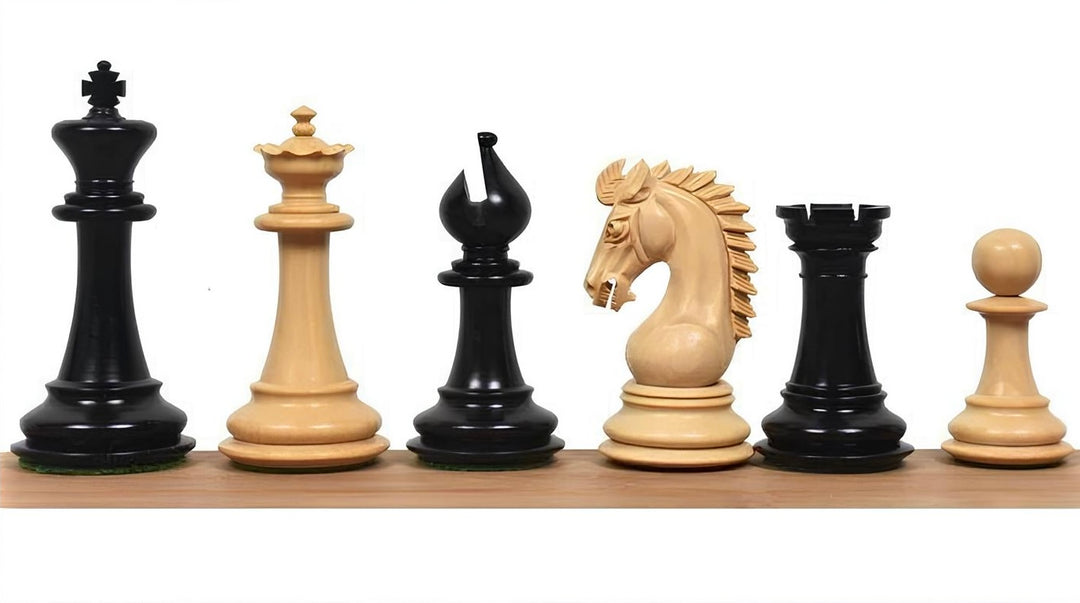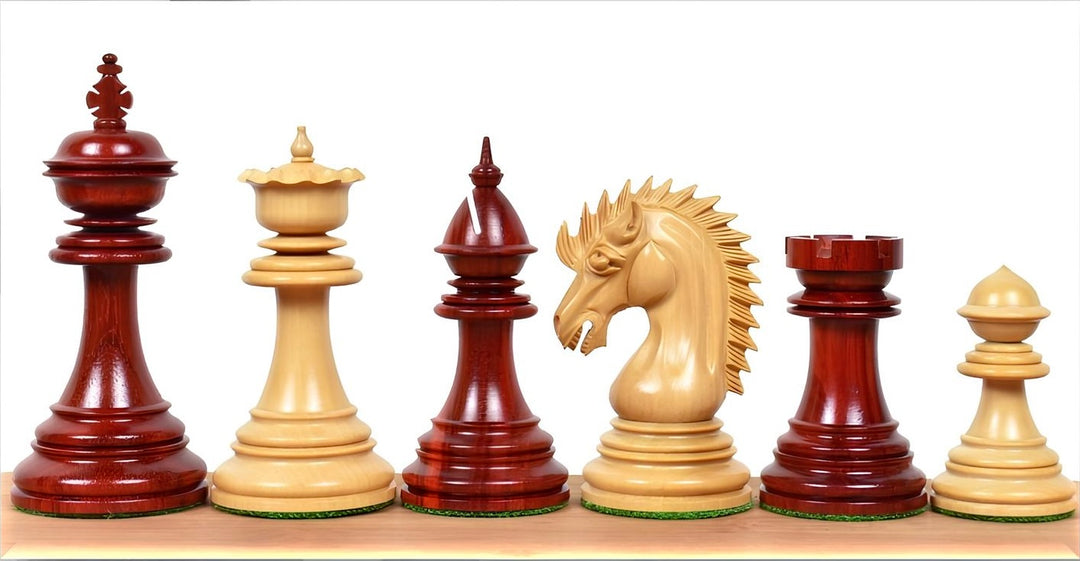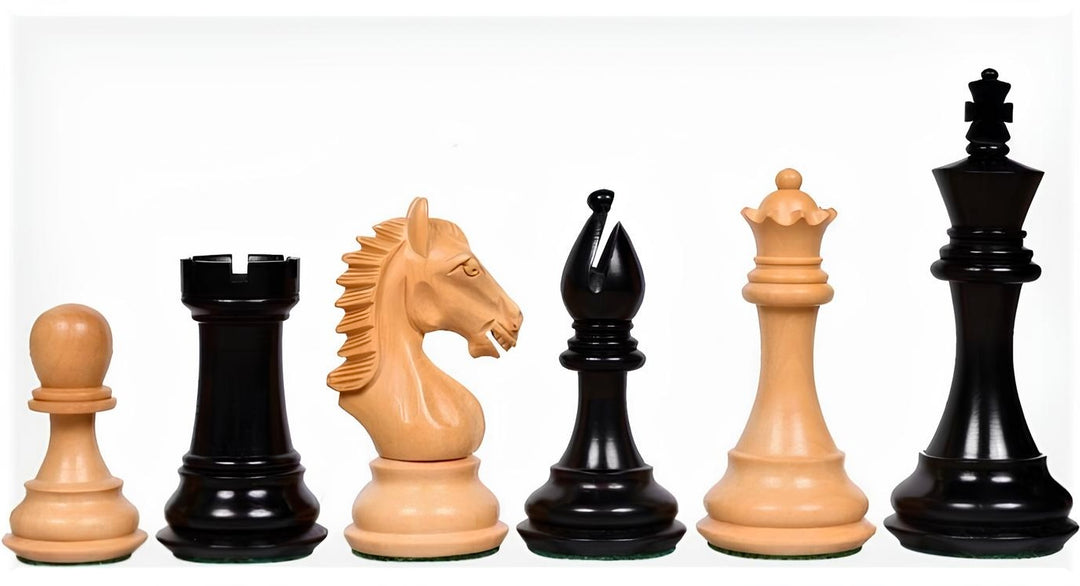Introduction to Chess Piece Movements
Chess is a strategic board game that involves two players, each controlling an army of 16 pieces, including one king, one queen, two rooks, two knights, two bishops, and eight pawns. The ability of chess pieces to move in specific patterns on the board determines the flow of the game. One common question among beginners and those new to the game is whether chess pieces can move backwards. Understanding the rules surrounding the movement of each piece is crucial to developing effective strategies and mastering the game.
General Rules of Chess Movement
Before diving into specifics, it's important to clarify that the direction backwards in chess simply means moving towards the player's own side of the board, rather than advancing towards the opponent. The rules of chess dictate whether each type of piece has the ability to move backwards.
The King
The king moves one square in any direction: horizontally, vertically, or diagonally. This means the king can indeed move backwards, as well as sideways or forwards, making it a versatile piece, albeit limited in range.
The Queen
The queen, the most powerful piece on the board, combines the power of the rook and bishop. It can move any number of squares along a rank, file, or diagonal. Therefore, the queen can move forwards, sideways, and backwards, offering significant flexibility in both offensive and defensive strategies.
The Rook
The rook moves any number of squares along a file or rank, but not diagonally. It can move forwards towards the opponent's side or backwards towards its own side. The rook's ability to move back is crucial in situations where it needs to regroup or protect vital positions on the board.
The Bishop
Each player starts with two bishops, each constrained to move diagonally but able to traverse the board over any number of squares on the same color. Like other long-range pieces, bishops can move diagonally in any direction, including backwards, which is essential for retreating or repositioning.
The Knight
The knight has a unique movement that allows it to move in an L shape: two squares in one direction and then one square perpendicular, or one square in one direction and then two squares perpendicular. This movement can be applied in any direction, enabling the knight to jump over other pieces. This means that knights can indeed move backwards, adding to their ability to escape threats and maneuver effectively around the board.
The Pawn
Pawns are the only piece with significant restrictions on their movement. Typically, a pawn moves forward one square, but on its first move, it can choose to advance two squares. Pawns capture diagonally, one square forward and to the left or right. Unlike other pieces, pawns cannot move backward under any circumstances. This forward-only movement is fundamental to the game's progression, pushing players to continue advancing and attacking.
Special Chess Moves Involving Backward Movement
Besides regular moves, certain special moves in chess involve backward movements of pieces. One such move is castling. This involves the king and one of the rooks. In castling, the king moves two squares towards the rook, and then the rook moves to the square immediately on the king’s other side. Depending on the position, this may involve a rook moving backwards.
Conclusion
Understanding whether and how each chess piece can move, including backwards, is pivotal in forming strategies and comprehending the game's complexities. Each piece's movement capabilities significantly influence the player's ability to defend, attack, and ultimately achieve checkmate. Keeping these rules in mind allows players at all levels to make more informed and strategic decisions during their games.
Explore our large collection of luxurious chess sets!






















































Leave a comment